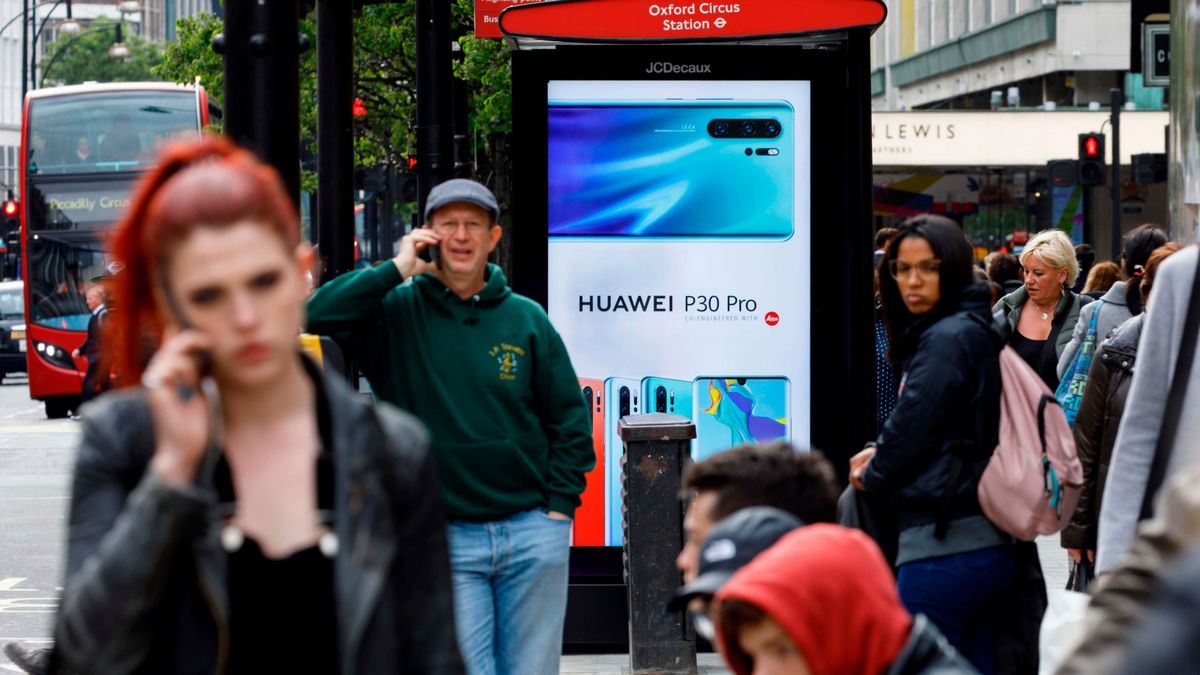Japan announces subsidy scheme for companies to leave China

A few minutes every morning is all you need.
Stay up to date on the world's Headlines and Human Stories. It's fun, it's factual, it's fluff-free.
In an effort to support the diversification of supply chains and reduce dependence on China, Japan’s Ministry of Economy, Trade and Industry unveiled a new plan on Friday to provide a group of companies with subsidies to move manufacturing operations out of China to Southeast Asia or Japan.
They stated that a total of 57.4 billion yen (US$536 million) would be allocated to the first group to receive subsidies, which includes 57 companies. Among them are privately-held facemask company Iris Ohyama Inc. and Sharp Corp. According to the Nikkei Asian Review, who first reported on the decision, the Japanese government aims to promote domestic production and subsequent export to friendly countries with this move.
The ministry also announced in a separate statement that an additional 30 firms would receive money from the Japanese government to move factories out of China to other countries in Southeast Asia, such as Vietnam, Myanmar and Thailand.
While they did not specify the amount of money they would distribute to the group of 30 firms, it was reported that Japan would be spending a total of 70 billion yen (US$65.4 million) in this first round of subsidies.
The payments would come out of a 243.5 billion yen (US$2.3 billion) fund that the Japanese government had earmarked earlier in April, when it announced its intention to shift the manufacturing of high-added value products back to Japan.
Separately, it was reported on Sunday that British government officials had met with their Japanese counterparts on Thursday to ask them to help build the United Kingdom’s wireless 5G network.
This comes just two days after the UK decided to ban Huawei Technologies from the development of their 5G infrastructure. British digital minister Oliver Dowden also said last week that the UK was working with its allies to support firms in their efforts to rival Huawei, naming companies from Finland, Sweden, South Korea and Japan.
NEC Corp. and Fujitsu Ltd. were allegedly named as potential candidates to replace Huawei, according to unnamed sources speaking to the Nikkei, in British efforts to foster competition between technology equipment suppliers and reduce costs for their wireless carriers. With the help of the Japanese government, they would be competing with bigger firms such as Sweden’s Ericsson and Finland’s Nokia which, along with Huawei, currently control about 80% of the 5G base station market.
Japan’s decision to push for a more diverse supply chain comes as an increasing number of countries are becoming more concerned over China’s growing global influence. In early June, it was announced that Japan had joined eight other international governments, including the United States, the UK and the European Parliament, to form the Inter-Parliamentary Alliance on China (IPAC) – a group aimed at combating China on issues such as trade, security and human rights.
Have a tip or story? Get in touch with our reporters at tips@themilsource.com




Comments ()